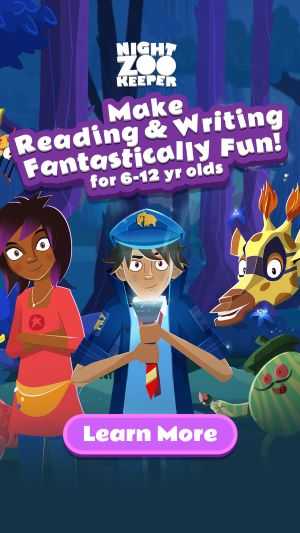Year 2 Spelling
Discover Year 2 spelling standards
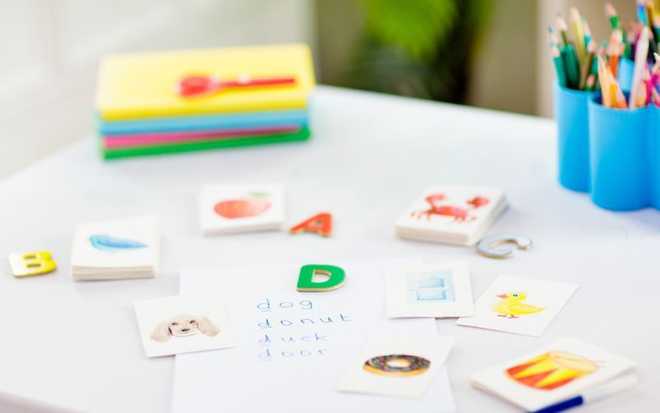
Home > English > Spelling > Year 2
In Year 2, the spelling curriculum is all about consolidating phonic knowledge while learning some exceptions to rules and more alternative spellings for sounds. Year 2 students are expected to learn to spell a selection of prefixes and add to the suffixes they learnt in Year 1. The consonant l-e syllable type will be introduced and children will learn more r-controlled vowels. Children should also start using dictionaries to check and correct spellings.
Before you get started, you can download our Year 2 spelling lists below:
Spelling contractions
Children broaden their knowledge of contractions in Year 2. They learn to spell contractions with is, am, not, and will at this point in their primary education journey.
Review:
- Is
- Am
- Not
Examples:
She's my friend.
I'm learning so much!
Sam the Spying Giraffe doesn't like broccoli.
Learn:
- Not
- Will
I don't think it'll rain today.
Practice tip
Night Zookeeper has some useful spelling resources available that cover contractions, such as the lesson series below!
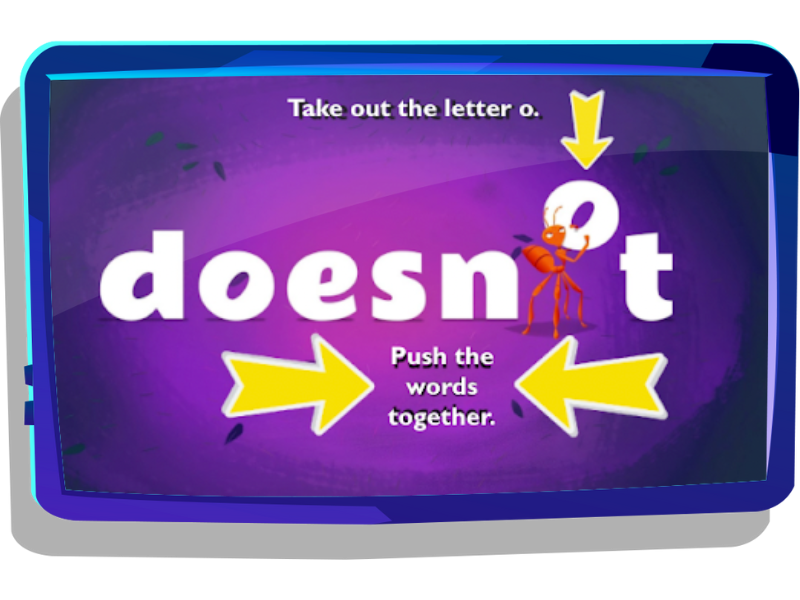
Spelling possessives
As well as using the apostrophe to spell contractions, children will learn to use the apostrophe to spell possessives. Night Zookeeper’s lesson series will help your child understand the principles of how to correctly use possessive apostrophes!
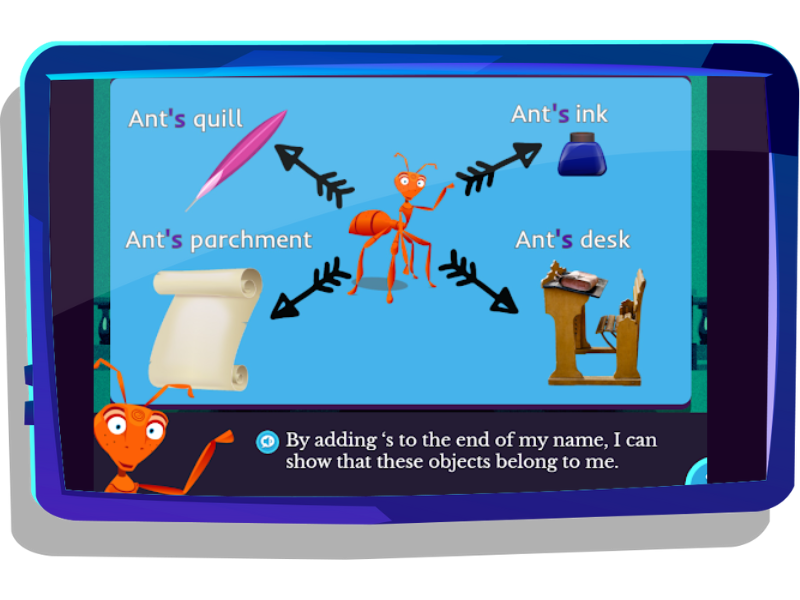
Long vowel sounds
Year 2 students should recap the alternative spellings for sounds covered in Year 1 and learn some new alternative spellings. They’re expected to spell words that use all of these spellings.
| Vowel | Spelling | Example |
| a | a-e / ai / ay | cake / snail / day |
| e | e-e / -y / ee / ea / e / ie / -ey | eve / candy / cheese / sea / be / field / monkey |
| i | i-e / igh / -y / i / ie | bike / light / cry / item / pie |
| o | o-e / oe / oa / ow / o | home / toe / boat / snow / go |
| u | u-e / ew / -ue / u | cube / few / rescue / music |
Word endings: consonant l-e
This is a new syllable type that children will learn to spell in Year 2. It is a spelling pattern that appears at the end of words.
| -ble | -fle | -tle | -dle | -gle | -kle | -ple | -zle |
|---|---|---|---|---|---|---|---|
|
bub/ble
|
waf/fle
|
tur/tle
|
can/dle
|
ea/gle
|
spar/kle
|
ap/ple
|
puz/zle
|

|
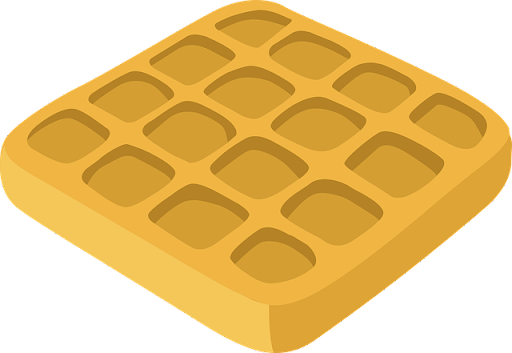
|
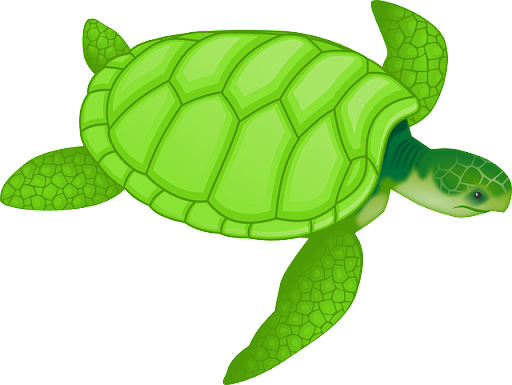
|
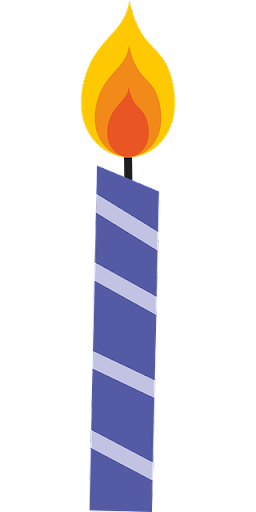
|
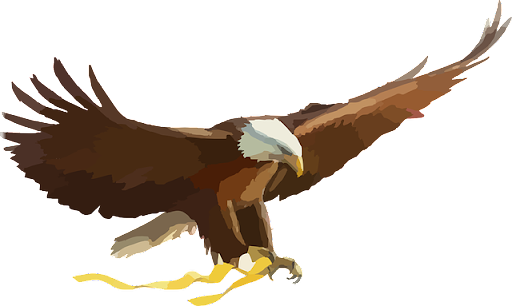
|

|
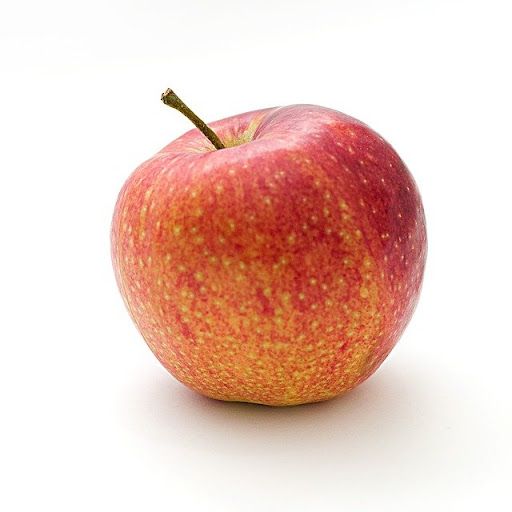
|

|
Prefixes
A prefix is a group of letters added to the beginning of a word. Adding a prefix to a word changes its meaning. Understanding what a prefix is and spelling words that have a prefix is a Year 2 skill. The following prefixes are usually taught in Year 2.
- re-
- un-
- mis-
- dis-
- pre-
Suffixes
A suffix is a group of letters added to the end of a word. Young learners should learn how to add -s, -es, -ed, and -ing to the ends of words. For words where a change is needed to the root word before adding -ing, this work will include the rule to drop the e and add -ing.
Other suffixes that are often taught in Year 2 include the following:
- -er
- -est
- -ful
- -less
- -ly
Practice tip
Get your child to put this rule into practice by selecting the correctly spelled word to complete the sentence below.
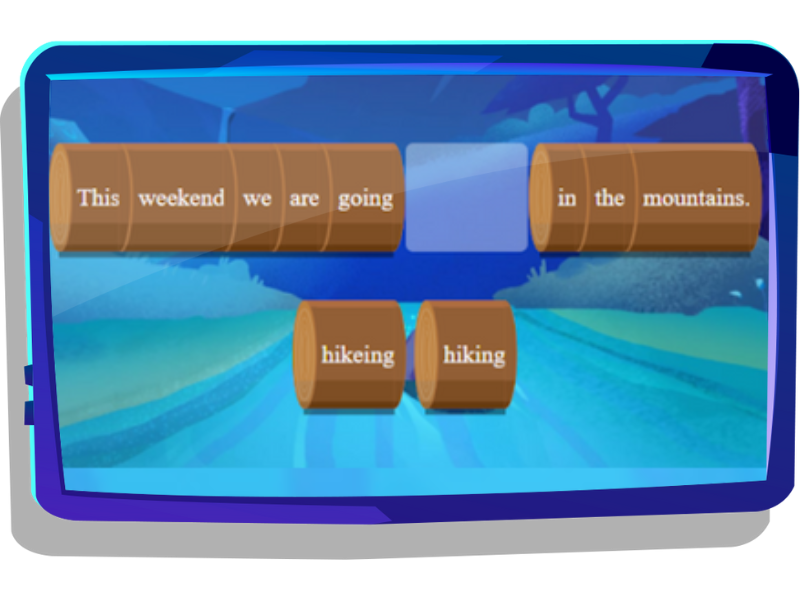
R-controlled vowels
In this type of syllable, a vowel is followed by the letter r which changes the sound the vowel makes:
| R-Controlled Vowel | Example | Image |
|---|---|---|
|
ar
|
car
|
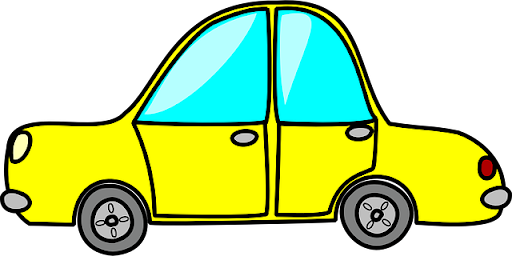
|
|
are
|
hare
|
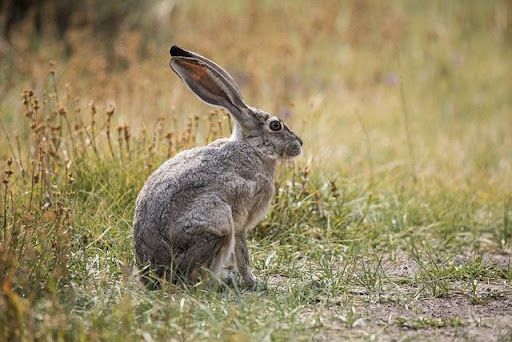
|
|
air
|
chair
|
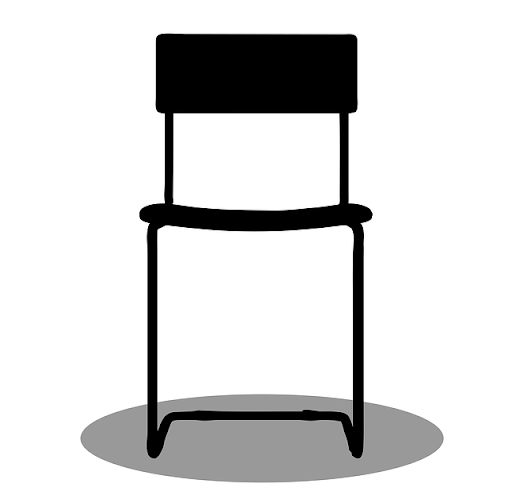
|
|
er
|
ladder
|
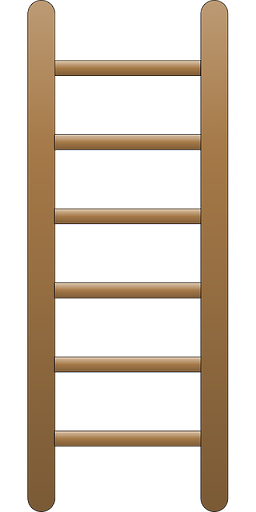
|
|
ear
|
ear
|
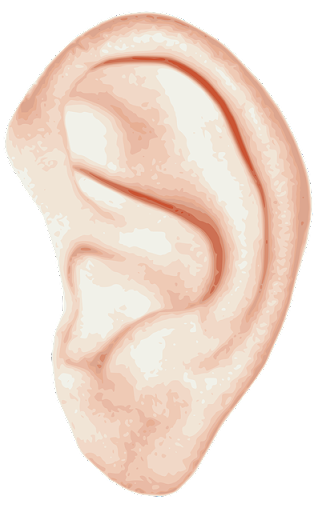
|
|
eer
|
deer
|
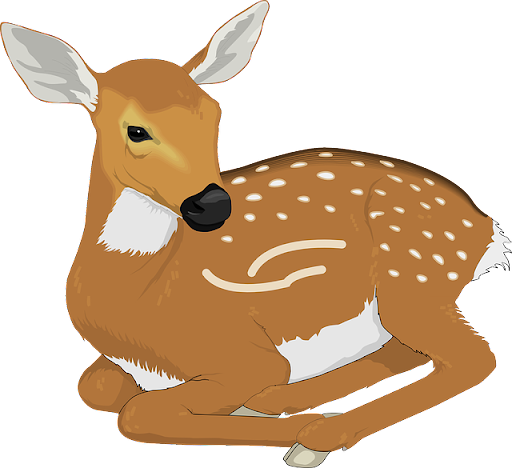
|
|
ir
|
bird
|
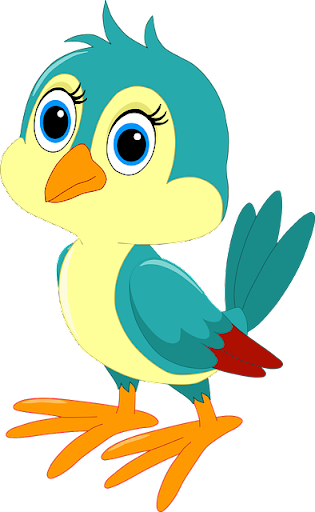
|
|
ire
|
fire
|

|
|
or
|
corn
|
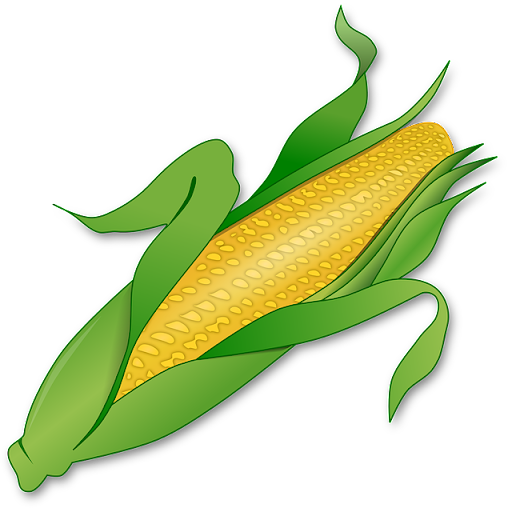
|
|
ore
|
core
|
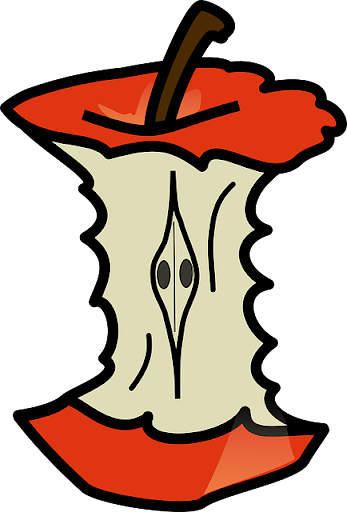
|
|
oar
|
oar
|
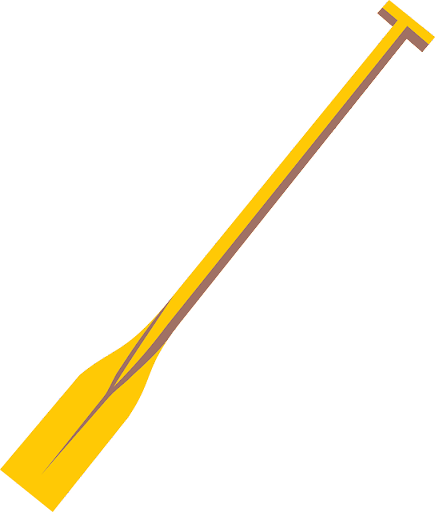
|
|
ur
|
nurse
|

|
|
ure
|
vulture
|
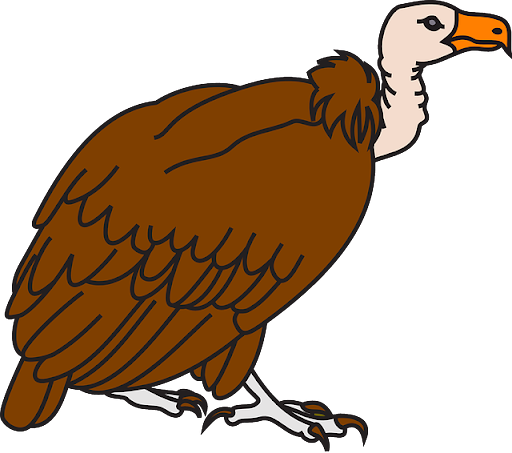
|
Diphthongs
A diphthong is a sound with two parts whereas a digraph is two letters that make one sound. In Year 2, children need to relate diphthongs to spelling patterns.
Examples:
- ou and ow
- aw and au
- oi and oy
Dictionaries
Students should be shown how to look for words in an age-appropriate dictionary. Explaining the references and abbreviations in a dictionary helps children to get the most out of this tool. Most dictionaries will give information about a word’s part of speech, the number of syllables in a word and where the syllable break comes, and how to pronounce the word.
How Night Zookeeper can help

Night Zookeeper is a reading & writing program created to help children in Years 1 to 6 to develop their skills in a fantastically fun way!
Our award-winning content includes a wide range of spelling resources, including word games on how to recognise sight words, suffixes, prefixes, and more, reading comprehension lessons, printable worksheets for on-the-go learning, and many other fun spelling activities.
Our spelling games for kids are particularly good at keeping learners engaged and motivated to learn! These spelling games draw upon concise lists of Year 2 spelling words that children should know.
Sign up today to get a FREE 7-day trial and instantly boost your young learner’s primary education journey!
Related articles


Make Reading & Writing Fantastically Fun!
- Award-winning reading & writing program for kids
- Improves spelling, grammar, punctuation & vocabulary
- Over 1,000 different learning games and activities



